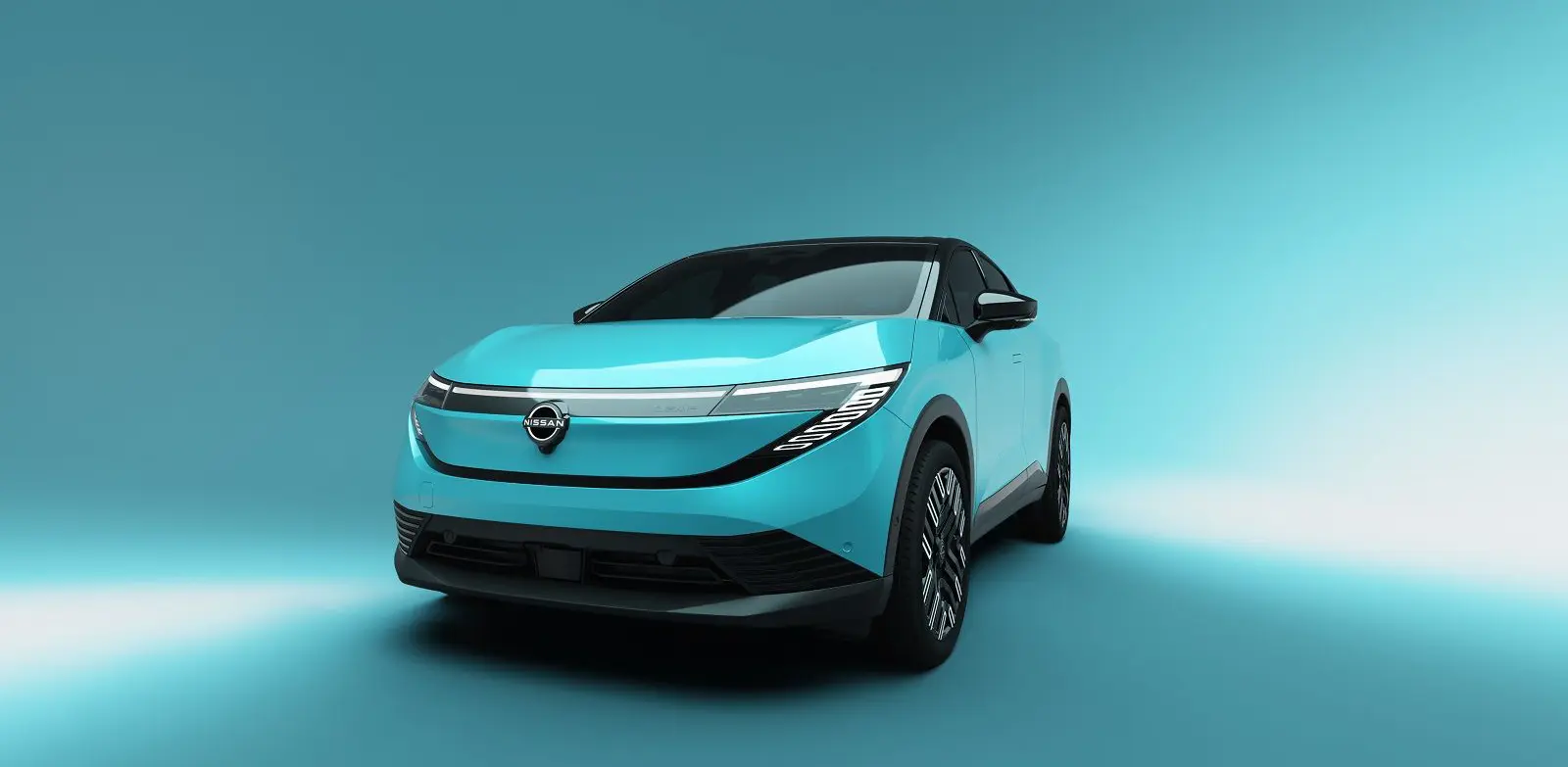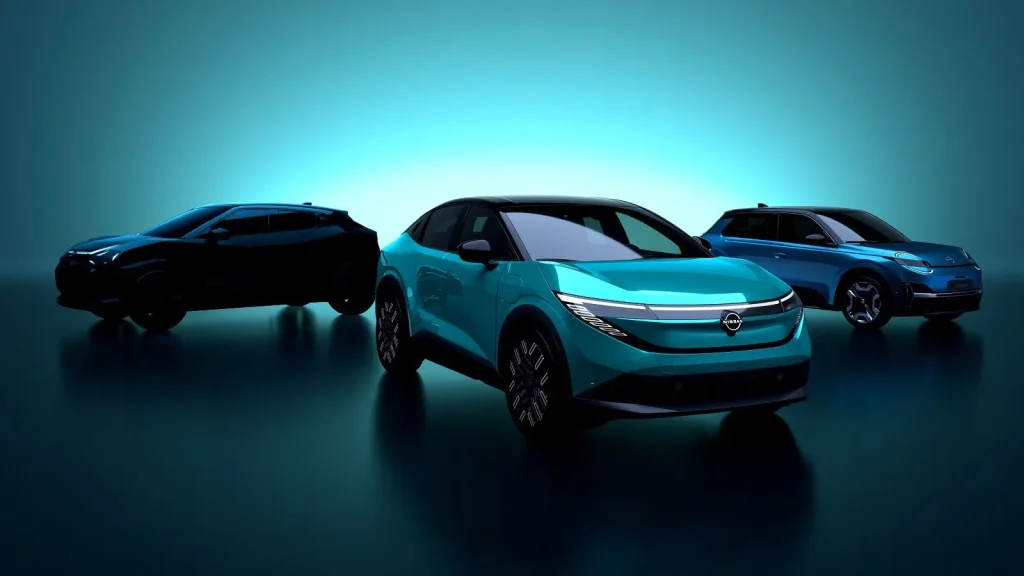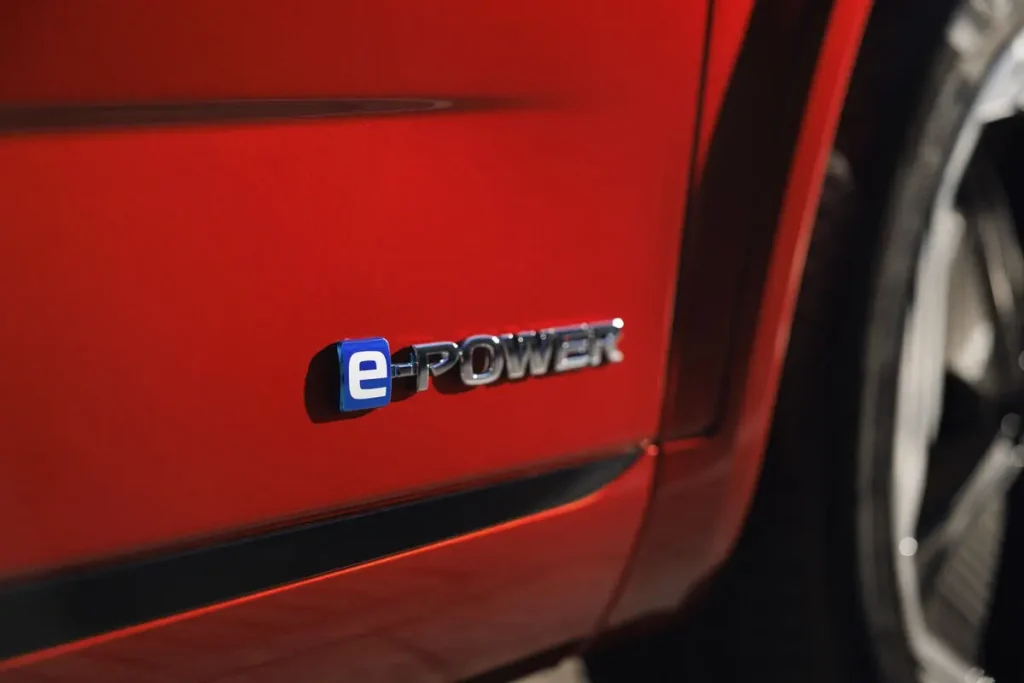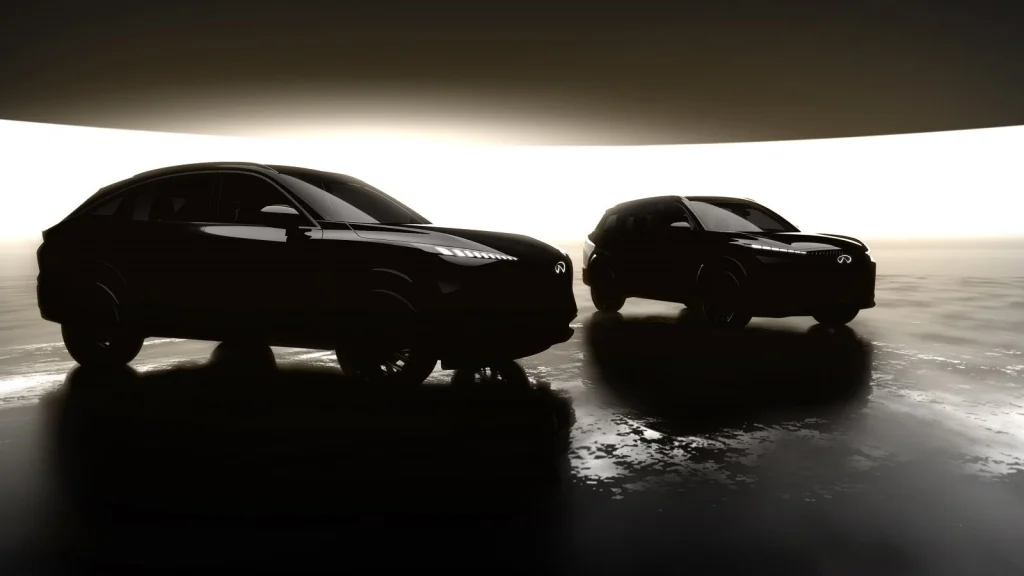
March 27, 2025 — Nissan has officially unveiled the next-generation Nissan Leaf 2025, introducing a bold new design, advanced technology, and an entirely upgraded driving experience. Once known as an affordable city EV, the Leaf has now matured into a sleek, high-performance electric crossover ready to redefine electric mobility.
Bold New Design That Sets It Apart

The Nissan Leaf 2025 debuts with a completely redesigned look. Inspired by the design direction of the Nissan Ariya, the new Leaf features a fastback-style silhouette, a more aggressive front end, and a sportier stance. It no longer resembles the compact hatchback of the past but now presents itself as a stylish crossover tailored for modern lifestyles.
This transformation reflects Nissan’s broader shift toward premium, tech-forward EVs across its global lineup.
Built on a Proven EV Platform

Under the surface, the 2025 Nissan Leaf rides on the CMF-EV platform co-developed with Renault. This architecture, also utilized by the Nissan Ariya and Renault Megane E-Tech, supports improved battery performance, a lower center of gravity, and enhanced interior space.
While official specifications have not yet been released, reports suggest that the new Leaf will offer multiple battery options, extended driving range, and faster charging capabilities—positioning it to compete directly with the Tesla Model 3 and Volkswagen ID.3.
Global Rollout: Europe First, North America Next
The Nissan Leaf 2025 will be manufactured at Nissan’s Sunderland plant in the UK as part of the EV36Zero project—a zero-emission production hub integrating battery manufacturing and renewable energy solutions.
Europe will be the first market to receive the new Leaf, followed by a North American debut in late 2025, where it will launch alongside the Nissan Ariya SUV. For the U.S. and Canadian markets, Nissan is expected to release a version tailored to local preferences, featuring enhanced range and additional comfort features.
What to Expect in the U.S.
As one of Nissan’s most important EV markets, the U.S. is poised to benefit from several key upgrades in the Nissan Leaf 2025. In addition to improved range, technological features, and interior refinement, one of the most notable changes is the inclusion of the NACS (North American Charging Standard) port.
This significant update enables the Leaf to connect directly to Tesla’s extensive Supercharger network, providing drivers with access to thousands of fast-charging stations nationwide. This enhanced compatibility greatly improves long-distance driving convenience and reduces charging-related concerns, making the 2025 Leaf a more practical choice for consumers.
The current Leaf will continue to be available as an affordable EV option until the new model arrives. Once launched, the 2025 Nissan Leaf will position itself as a strong contender in the U.S. mid-size EV segment.
Part of a Larger EV Strategy
The Leaf is just one component of Nissan’s expanding electric vehicle roadmap. Other upcoming models include:
- Micra EV – a compact electric city car for Europe.
- JUKE EV (2026) – the electric reboot of Nissan’s popular crossover.
- Adventure-focused electric SUV – U.S.-built, slated for release in 2028.
- Luxury Infiniti EV – planned for a global launch by 2028.
- Qashqai e-POWER hybrid – featuring an updated system for European markets.
- B-MPV and C-SUV electric models – designed for emerging markets like India, produced in Chennai.
- Infiniti QX60 facelift and all-new QX65 – targeted for the Middle East market in FY2025.

Guillaume Cartier, Nissan’s Chief Performance Officer for the AMIEO region, emphasized the company’s global vision:
“With the new Leaf, Micra EV, and JUKE EV, we’re redefining mobility across regions—blending iconic design with advanced technology.”
Conclusion
The Nissan Leaf 2025 represents a significant evolution from its predecessor, combining bold design, advanced EV technology, and a clear global rollout strategy. With its new fastback look, enhanced driving capabilities, and access to Tesla’s Supercharger network via NACS, the next-gen Leaf is poised to redefine everyday electric mobility.
